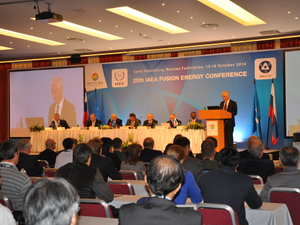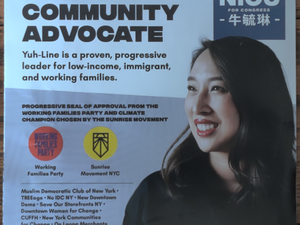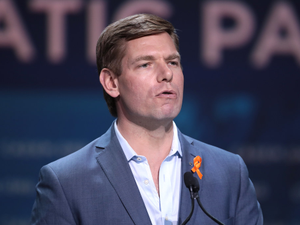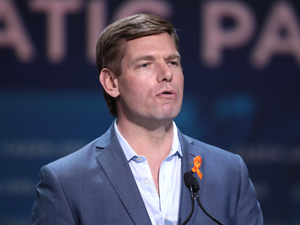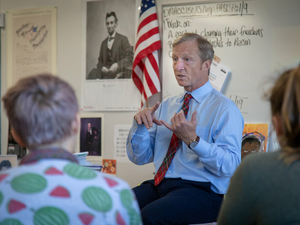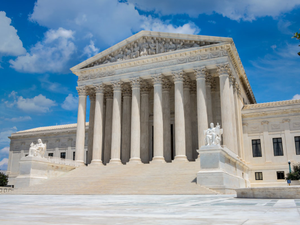OpenAI Board Member Larry Summers Quits After Epstein Email Scandal
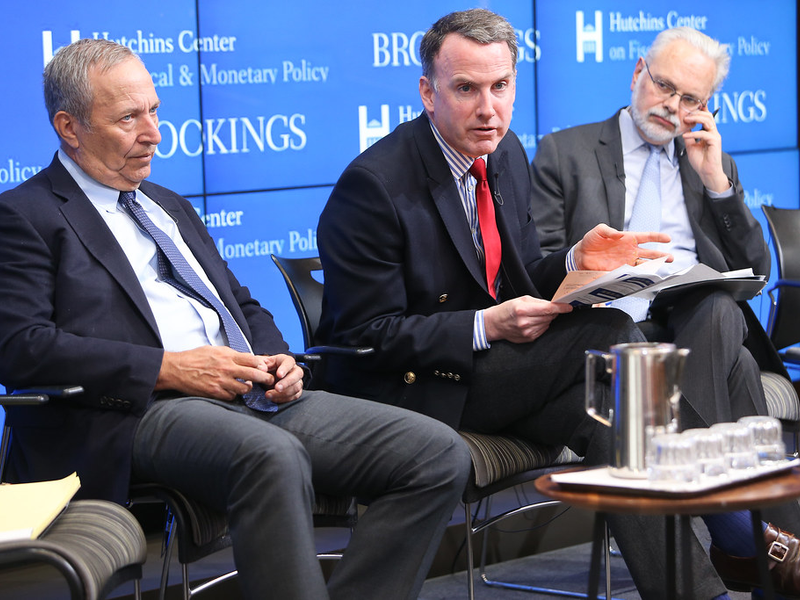
Photo by BrookingsInst | License
In a dramatic turn of events, Larry Summers has resigned from the OpenAI board following the release of thousands of pages of documents revealing his long-standing correspondence with convicted sex offender Jeffrey Epstein.
The former treasury secretary and Harvard president announced his departure on Wednesday, acknowledging his “deeply ashamed” state and taking “full responsibility” for his continued communication with Epstein even after the financier’s 2008 guilty plea for soliciting prostitution from an underage girl.
The House of Representatives oversight committee released over 20,000 pages of documents on November 12th, exposing email exchanges that painted a troubling picture of Summers’ relationship with Epstein. Some emails were particularly controversial, including one from March 2019 where Summers sought romantic advice and used language that critics deemed inappropriate.
The fallout has been swift and significant. Beyond his OpenAI resignation, Summers has lost his contract with The New York Times as a contributing opinion writer. The Center for American Progress and Yale University’s Budget Lab have also severed their professional ties with him.
Democratic Senator Elizabeth Warren of Massachusetts has called for Harvard to end its association with Summers, stating that he “cannot be trusted” with students given his past connections.
Summers, who served as treasury secretary from 1999 to 2001 under President Bill Clinton and as Harvard’s president from 2001 to 2006, has now stepped back from all public commitments. His resignation from OpenAI, which occurred during a tumultuous period for the company involving CEO Sam Altman, marks another significant professional consequence of his Epstein connections.
The tech and academic communities continue to grapple with the implications of these revelations, highlighting ongoing conversations about accountability and ethical standards in professional environments.
AUTHOR: mei
SOURCE: SF Standard



